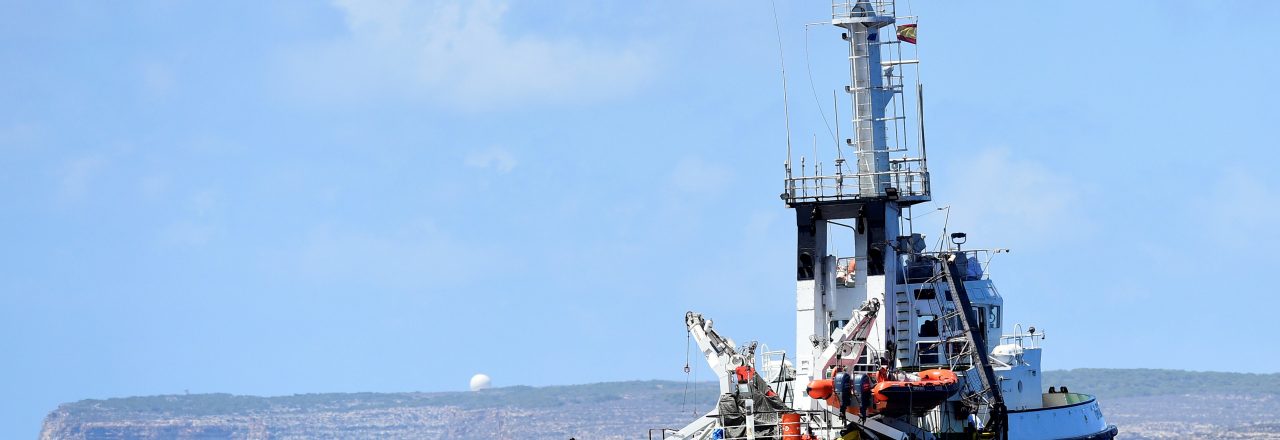
NGOs’ boats continue rescuing migrants despite European States’ opposition
Over the last weeks, five different NGOs have been rescuing hundreds of migrants off Libyan coasts and asked for a “safety port” on EU soil, leading to a strong debate on the need for a common European response to this humanitarian emergency. The first NGO was the German Sea-Eye, whose vessel Alan Kurdi rescued 40 migrants at the end of July. After four days in the sea, Maltese Prime Minister Joseph Muscat announced on 4 August that Valletta would open its port as a consequence of the German request and the European Commission’s reassurance that all migrants would be redistributed among several countries. After this operation, the Alan Kurdi continued its activity and rescued other 13 people on 31 August; it is now heading to Malta again. On 1 August, the Spanish NGO vessel Open Arms found a dinghy and rescued the 55 people on board, a number that rose up to 120 after similar rescue operations in the same area. Only after 20 days, did the Open Arms receive permission to dock in Lampedusa, thanks to the intervention of the Italian justice, which suspended the Italian Interior Minister Matteo Salvini’s decrees against the disembarkation of migrants in Italian ports. The incident also provoked diplomatic tensions between Spain and Italy, with the latest accused of ignoring international and humanitarian law. On 4 August, SOS Méditerranée and Doctors Without Borders returned to the Central Mediterranean after a seven-months hiatus. Their joint vessel, the Ocean Viking, rescued 356 migrants and disembarked them in Malta after two weeks in the sea; from there, migrants have been transferred to other EU Member States. On 27 August, the Lifeline NGO’s vessel Eleonore rescued 101 people and on 2 September decided to enter to Italian waters without permission due to the “state of emergency” on board. Also the Italian Mediterranea NGO’s vessel Mare Jonio, which rescued 98 people on 28 August, refused to take them back to Libya as the Italian authorities ordered. On 30 August, Rome accepted to disembark women and children and on 2 September an Italian Court ordered to disembark the migrants and seized the vessel.
- The Euromed news are edited by the team of the Euro-Mediterranean Policies Department of the European Institute of the Mediterranean -


